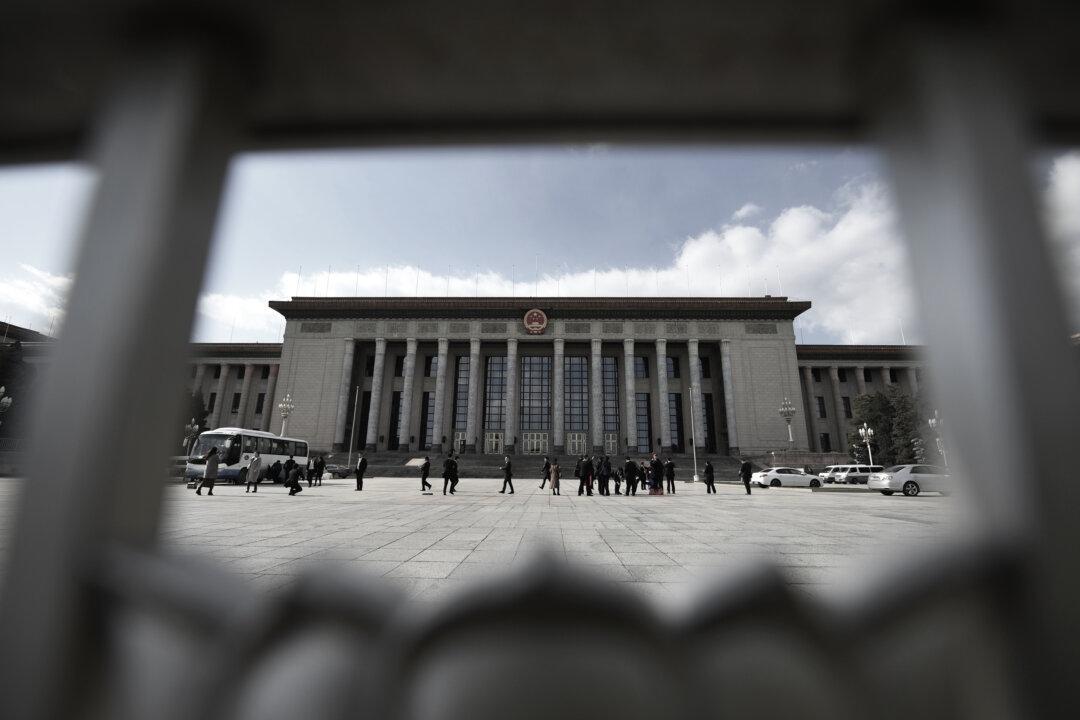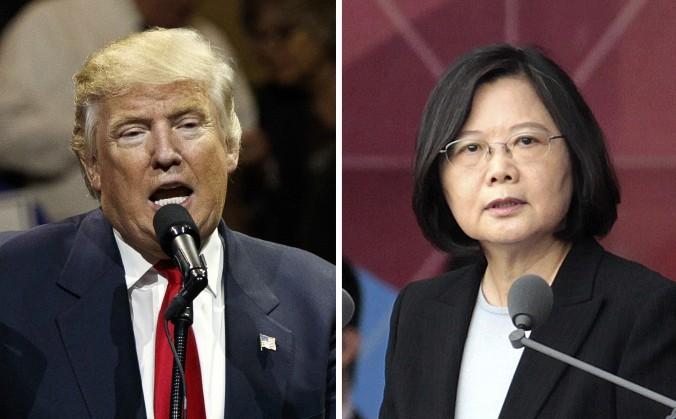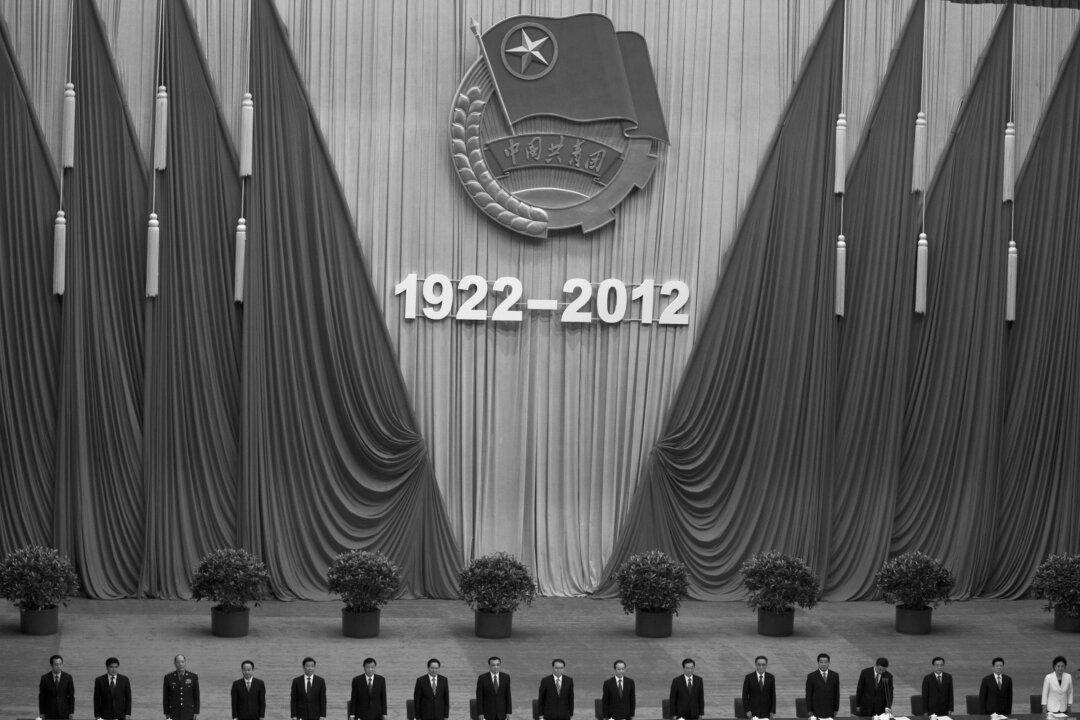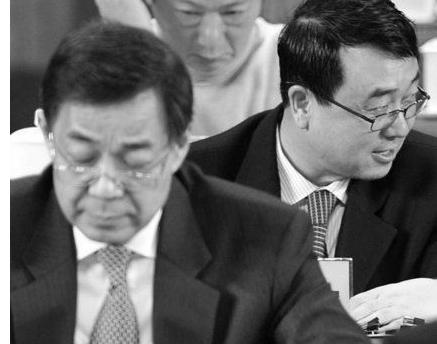Xi Jinping, the new “core” leader of the Chinese Communist Party, is rolling out a new state supervision commission, with a pilot program now in place in Beijing, Shanxi Province, and Zhejiang Province.
Xi’s camp has stressed that the supervision commission is a major political reform, and thus its significance is worth examining.
Since taking office in 2012, Xi Jinping has purged many members of former Party leader Jiang Zemin’s faction through an anti-corruption campaign. The Central Commission for Discipline Inspection (CCDI), the Party’s internal police, has served as the main anti-corruption tool. But the CCDI is limited: Investigators can put officials under “shuangguai” [an extralegal disciplinary method where Party members are detained and interrogated], but it has no power to prosecute; corruption cases are typically handed to the legal system for prosecution.
The existing arrangement for prosecuting corrupt cadres is far from the “rule of law” ideal that Xi espouses. But the anti-corruption departments within the regime’s procuratorate cannot investigate high-ranking officials because it is a comparatively lower-level institution.
Thus, the Xi Jinping leadership has always considered changing the way corruption cases are processed. Founding a state supervision system that is independent from the executive, legislative, and judicial branches, as well as the Communist Party structure, allows Xi to work outside the Chinese regime’s present system.
The concept of a “National Supervision Law” and a committee of state supervisors was first proposed by “Study Times,” the official publication of the Central Party School, this July. During the Party’s 6th Plenum at the end of October, there was a clear-cut proposal for a system where the Chinese legislature, the government, as well as the supervision and judicial apparatus, work together to supervise government officials in accordance with the law. Wang Qishan, the head of the CCDI, said that the supervision commission is actually an anti-corruption apparatus.
How the new apparatus will be used is clear, but its deeper significance isn’t. It’s possible, too, that the present political situation makes it inconvenient for the Xi leadership to further elaborate on the new anti-corruption apparatus.
The new supervision commission is a major political reform, and this reform is being carried out at a time when the faction of Jiang Zemin and the Chinese Communist Party is being cleared out. Indeed, this development foreshadows a future transformation of China’s political system for several reasons:
First, the state supervision commission represents an attempt by the Xi administration at breaking away from the present political system. Unlike the CCDI, the commission has prosecutorial powers, and can charge both Party and non-Party members. The Party constitution also doesn’t have provisions for a supervisory institution; in fact, Xi appears to be taking reference from the censor or police systems in ancient China, as well as in the Republic of China’s (Taiwan) supervisory institution. Such a system traces its lineage to traditional Chinese culture, which has a concept of checks and balances similar to those in modern Western democratic societies.
Next, it appears to be a transition away from Party rule to the rule of the state. Xi has leveraged on the anti-corruption campaign’s popularity with the people, and his own authority as “core” leader, to shift the powers from the CCDI to a state institution. Apart from being better positioned to combat corruption and prepare for the arrest and prosecution of Jiang Zemin, the new state supervision commission could lay the foundations for a presidential system [in place of the Politburo system]. And when the state apparatus is fully functional, the Party-led arrangement will weaken one step further; from another angle, it may presage and start to lay the groundwork a transition from a communist system to a post-communist system.
Further, the establishment of a state supervision commission may be a prelude to the abolishment of the Political and Legal Affairs Commission (PLAC). The PLAC is an apparatus that allows the Party to control judicial affairs and suppress the people, and the Jiang faction had at one point turned the PLAC into a second power center. The Xi administration has already downgraded the status of the PLAC, and now appears to be getting rid of it altogether—if the CCDI’s power can be successfully transferred to the state supervision commission, then it can be upheld as an example to abolish the PLAC, which currently oversees the public security apparatus, the courts, and the procuratorate.
Finally, having a state supervision commission makes it easier for the Xi administration to keep Wang Qishan in office. There has been much speculation about whether the CCDI chief will stay in power past the 19th National Congress of the Party, a key political reshuffle meeting in 2017, because Wang will be overage by Party norms (senior cadres over 68 must step down, according to current political norms). Should Wang be appointed head of the commission, however, he will likely be granted a special exemption from retirement due to the importance of the new portfolio.
In sum, Xi Jinping’s creation of a state supervision commission suggests that he will not limit his methods or measures to eliminate the Jiang faction and reform the political system. This development is also a significant step in peacefully transitioning China towards a post-communist future.
Li Tianxiao obtained his Ph.D. in Political Science from Columbia University and is a senior political commentator with New Tang Dynasty TV




